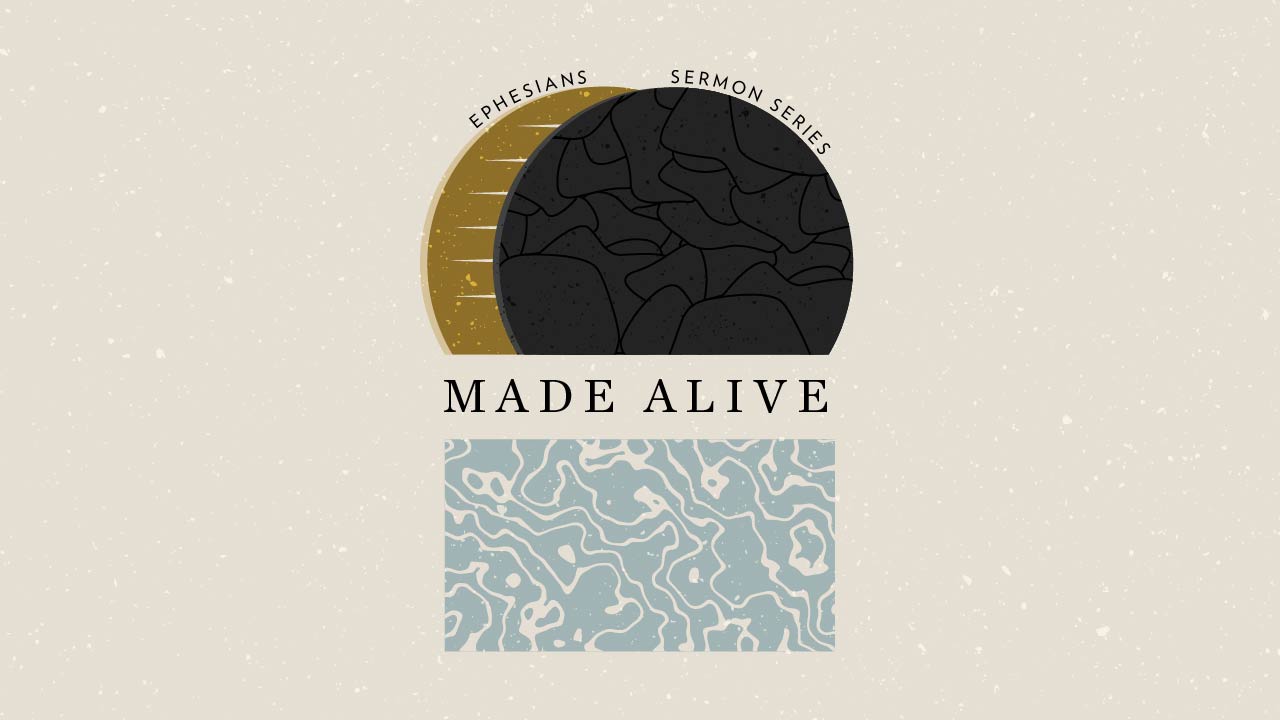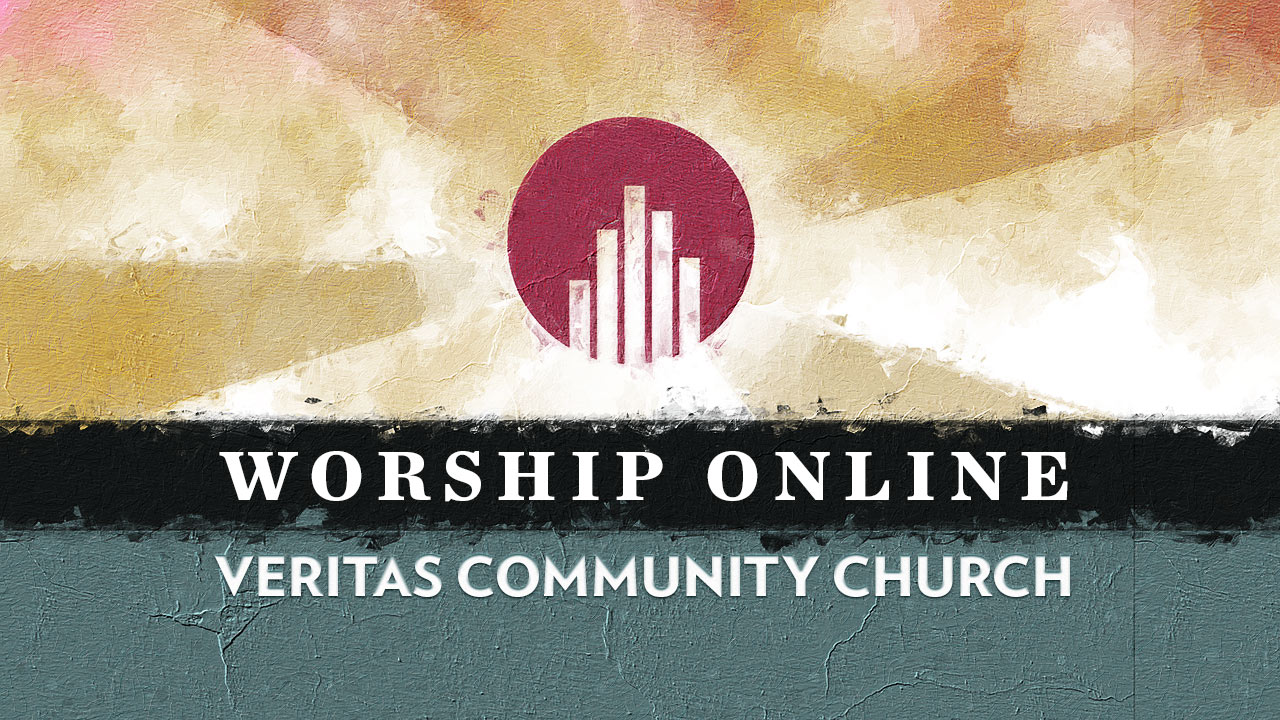Establishing Our Own Purpose
After all that Paul wrote in Romans 9, what is his reaction? He prays that many might know Christ and be saved. He sees God’s sovereign will and His powerful grace, but also sees a people zealous for following God’s law, not knowing that they are truly incapable of following it and need, rather, to zealously pursue the righteousness offered to us in Christ. We need not try to establish our own righteousness because Christ has established it for us. We need not die for Christ because He has already died for us.
Protesting Our Purpose
God is sovereign, but is He just? Romans 9 doesn’t just tell us that God is just in His sovereignty, but that His sovereignty is good news. Not only is it okay that God is in control of everything, but that is really and truly what we long for and what is best for us. God doesn’t merely will in His sovereignty that some be saved and some be condemned, but He wills that His glory and name would be revealed. He wills what is best for us because what is best for us is Himself and the perfect plan of His own revelation in the Word and in Christ. Is God sovereign? Yes. Do we have free choices? Yes. Do we understand perfectly how that works? Maybe not, but we can still rest knowing definitively that God, in His sovereignty, is enacting His plan in and for us for what is best.
Protesting Our Purpose
If God is in control of everything and over everything, but not everyone in the world comes to a saving knowledge of Christ, is God unjust? If God is fully sovereign, how can we be found at fault? As we have seen, Romans 9 is tough and easy answers are hard to come by, but the way we approach these questions speaks volumes. Is our highest priority God’s glory or own personal comforts and conceptions of fairness? Do we seek answers out of humility or out of hard-heartedness? Do we want to know our God better to worship Him more and feel His peace or do we want to assert ourselves and seek after our idols?
God’s Purpose
Grace means that God has free will. Grace means that God can save anyone. Israel’s unfaithfulness can’t prevent God from calling them back to life. Our sinfulness and our brokenness can’t hinder God from redeeming us. The doctrine of election tells us that God’s choosing whom He will save leaves us with nothing to boast in but Christ and nothing to wallow in because of Christ. It’s not through our family that we are called. It’s not through our good works that we are called. It’s not through our church attendance that we are called. We are called from death to life solely because God has chosen to love us…and that is a very good thing.
God’s Purpose
Romans 9 is tough. These verses can either be the most offensive words in all of Scripture or some of the most soothing comforts of God’s Word, addressing one of the most foundational questions of our faith: How is it that we are saved? Is it truly a work of God alone or does it depend, in part, on our works? If it is God alone, does that make the God we serve a cruel and fickle deity, choosing at random who to save and who to burn, or does it make Him the most powerful and merciful, showing great mercy to redeem even those furthest from Him back to Himself?
Purpose for My People
There were many Jews in Rome and in the Roman church. They had been raised their whole lives believing that they were God’s chosen people by virtue of being descendants of Abraham. Theirs was the adoption, glory, Law, and covenants. But Paul has been preaching a Gospel that says that it is by faith in Christ alone that they are saved and the promises are applied. Where does this leave them? They find this Gospel outrageous. They find Paul a traitor to his people. Yet…he weeps for them. Despite their anger against him, Paul is sorrowed and anguished over his lost people willing, like Christ before him, to do whatever necessary to see them saved. Do we have that kind of love for our city, for our “people”?
Purpose for My People
Paul is heartbroken for the lost in Rome and in Israel, as Moses was anguished over Israel’s sin, and as Jesus wept over Jerusalem. Paul was burdened for his brothers and kinsmen, to the point that he would give up his own salvation to see them saved. Do we feel that burden for Columbus? Do we see the people of Columbus as our people? Do our hearts break for the lost in our city? In our neighborhood? On our street? All of the promises to Israel are ours in Christ, but are our hearts in anguish that our brothers and sisters in Columbus don’t have them?



